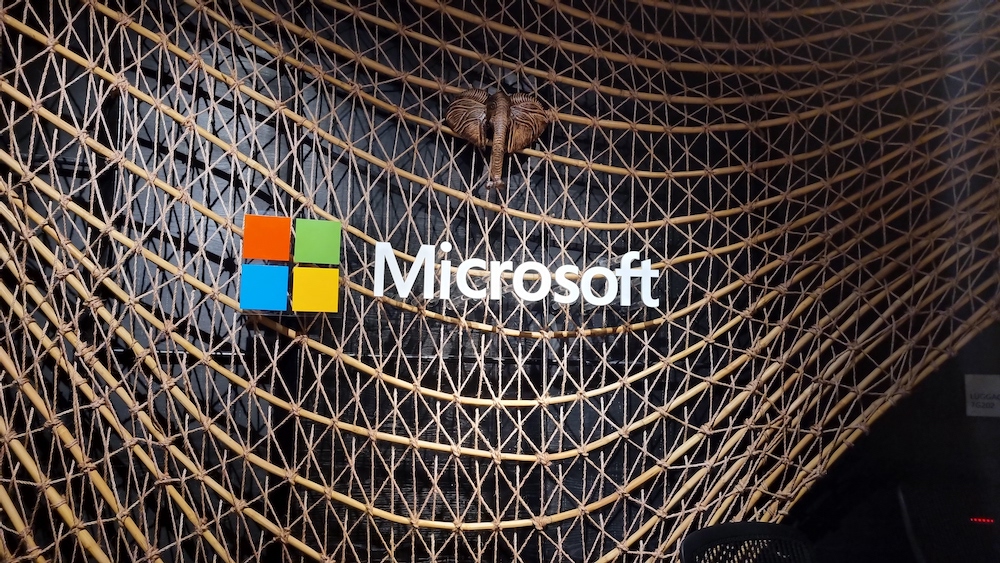Microsoft’s Subtle Shift: Why Human Leadership Still Matters in the AI Era

Few companies can lay claim to being the base on which the AI boom is built. Under Satya Nadella’s leadership, it ignited an explosion of innovation that is rewriting the software industry, both in how software is built and how it is used. Still, in the midst of this avalanche of automation and artificial intelligence, Nadella insists that the future lies in something fundamentally human.
Nadella put the challenge bluntly: AI is powerful, but human leadership—that is, the capacity to understand ambiguity and bring clarity—is probably the most important thing right now.
The Human Element in an Automated World
At first glance, it might seem a threat to developers that AI is becoming increasingly involved in coding. Microsoft claims that almost a third of its software is written by AI. But Nadella and CTO Scott see a different sight. They want their engineers not just to write code, but to understand the wider social context of their work.
“You need curiosity about the full breadth of human history and social systems,” explained Scott. The engineer must be a creative thinker, someone who studies human behavior and is a problem solver comfortable with ambiguity, not just a coder instructed to do something.
The Paradox of Progress: Growth Amid Disruption
This vision comes with paradoxes. More engineers will be hired at Microsoft, even though the AI automates a variety of programming tasks. But this is not just about the numbers. It is about changing the scope of what it means to be a software developer. The emphasis is shifting from simply technical mastery to design, ethics, and leadership in the AI era.
Outside of Microsoft, there is anxiety about job losses and the thinning pool of traditional coding jobs. These dramatic upswings in AI progress pan out into serious questions about the number of human programmers that the industry will need in the long run.
When Machines Learn to Think Like Humans
AI’s abilities are evolving fast. For instance, AI writes code, with some in the field musing on how an AI could potentially possess creative capabilities and social understanding. This blurs what is creative and what is leadership.
If they can mimic traits always considered human, then what is still left for human beings to do? Nadella answers: humility, focusing human capacity on creativity, judgment, and empathy- all the things that machines can never quite grasp.
Microsoft’s Quiet Revolution: Becoming the Invisible Backbone
Part of Microsoft’s strategy is to be less apparent in the new AI-driven world. Instead of applying its brand name to each app and device, what the company envisions is what it calls ambient intelligence-AI so deeply integrated into our lives that it merely fades into the background.
This invisible revolution is about making the users “cool” (the term used by Nadella) versus advertising for Microsoft. This is a bold and humble approach to countering the usual technology branding.
Lessons from Media: Democratising Creation and Its Consequences
This transformation seems to be a repetition of what happened in the media industry two decades ago. Publishing, once a closed and professional field, became a democratized platform-driven ecosystem. Power shifted away from the creators to the platform builders.
Software development is on a similar path. As AI makes coding more accessible, potentially everyone becomes a creator-cum-competitor. However, the intrinsic complexity of software makes it an uneven journey, and proficient developers will always be needed.
Leading the Future: Navigating the AI-Human Partnership
The AI vision of Microsoft has been that of partnership and not of replacement. Technical prowess alone does not suffice. The company is betting that one day, engineers will bring humanity to their work: be it creativity, ethical judgment, or even curiosity.
“Microsoft isn’t chasing ‘cool,’ Nadella said. “We want to make others cool.” However, this quest will be fulfilled only if humans and machines work in unison, applying complementary strengths.
Thus, the AI revolution isn’t really about the machines taking over humanity, but it is about humans leading with new tools amidst uncertainty and redefining what it means to create.
Follow us on WhatsApp, Telegram, Twitter, and Facebook, or subscribe to our weekly newsletter to ensure you don’t miss out on any future updates. Send tips to editorial@techtrendsmedia.co.ke


